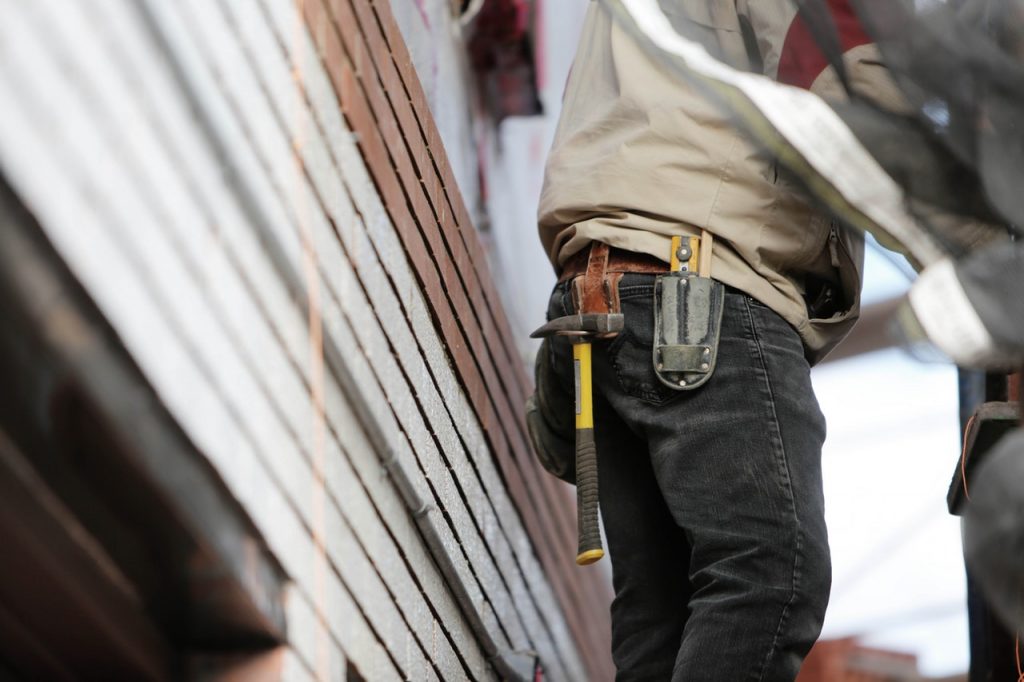The road to recovery from storm damage can be a long one and one that you can’t travel alone. Whether you lack the skills to make the necessary repairs or the scope of the project is just too big, there are times when you will need a professional contractor to handle the work. While the majority of contractors are honest, hard working, and deliver the promised results, there is a minority who don’t measure up. Clean up from events such as hurricanes and floods gives these less-than honest perpetrators a large population to take advantage of. So how do you avoid getting caught up in a contractor scam?
Knock, Knock.
Most contractors don’t go door-to-door soliciting work. All to often when scams are reported in the news, the story begins with the scammer knocking on the door of an unspecting homeowner. There are several different hooks with the most common being they were doing work on a neighbor’s home and have extra materials they can offer for a discounted rate or they’re looking to do one big job with several different homes in one time frame. If the offer is good only for that moment it’s most likely too good to be true and you should decline.
No license, no permits, no problem.
If a contractor says their rates are lower than the competition because they don’t have a license to operate a business in your area or they won’t be requesting the proper permits from the local municipality…run. There’s a reason why this person or company doesn’t have a license and it doesn’t bode well for you and your home at all. Not seeking the proper permits can also cause headaches for you later resulting in hefty fines or having to remove the work and add it back with the proper permits and inspections.

Write it down.
No work should be done on your home without a written contract. The contract should state the start date and the expected completion date, detail the work that should be done, the materials to be used, who will request the permits, and a payment schedule. If a contractor isn’t willing to put their work in writing, chances are they won’t be willing to honor any verbal agreement you make.
Money talks.
If a contractor provides you a “discount” for paying in cash without a receipt instead of with check or credit card ask the contractor (and yourself) “Why?” There are a multitude of reasons why the contractor wants to circumvent a paper trail and none of these reasons are good for you. If work is being done as part of an insurance claim, you as the homeowner should have most if not all of the communication with the insurance company and payment should be made to you as the insured, not the contractor. Also, any contractor who is looking to “pad” an estimate to provide to an insurance company with the promise of giving you the difference between the actual cost of the work and the estimate is committing insurance fraud and asking you to be a party to it.
Payment in full upfront is another red flag that should warn you that the contractor either doesn’t have a stable business or that they are looking to cut and run. There’s nothing wrong with providing a down payment but it should be detailed in the contract and you should be provided with a receipt.
Word of mouth.
The best way to find a reliable contractor is through friends and family who have had similar work done to their homes. Asking for references from reliable people provides you will a good starting off point. After you have names, research their business reviews through sites like the Better Business Bureau, Yelp, and Angie’s List. You can also search to verify a contractor has a license through the Florida Department of Business & Professional Regulation. And of course meet with multiple contractors and obtain their written estimates before you make the final decisions.
